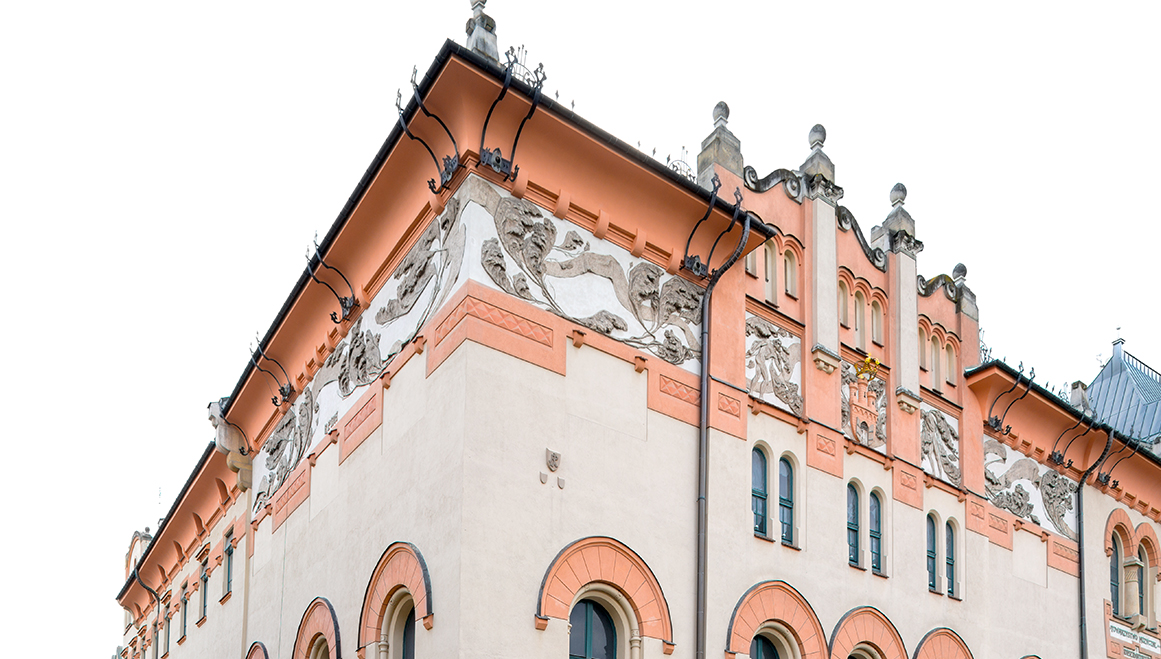About the Theatre
History
The Helena Modrzejewska National Stary Theatre in Krakow is one of the oldest public stages in Poland. Our patron is a famous 19th-century actress, a brilliant interpreter of Shakespearean roles on the stages of Europe and America.
“The beginnings were humble. On 17 October 1781, the Krakow magistrate gave Mateusz Witkowski permission to ‘perform comedy under the condition that he pay fifty Polish zloty on a monthly basis’ to the municipal treasury. Thus came about the first permanent theatre in Krakow – in terms of being Polish, public, and professional,” wrote Professor Jerzy Got, creator of Krakow’s theatre studies. In 1798, Brzeg starosta Jacek Kluszewski, who took over the theatre, converted two of his own buildings on the corner of Szczepański Square into a theatre house, in which – with numerous reconstructions over 200 years – the theatre exists to this day.
In the 19th century, the Stary Theatre owes its development to such directors as Hilary Meciszewski, and especially Stanisław Koźmian, who initiated vital reforms in the art of acting and directing, leading to the creation of the famous “Krakow school” – a method of acting and an ensemble approach to theatre, which was then taken by the actors to other Polish stages. The Krakow theatre was fortified by such outstanding actors and actresses as: Helena Modrzejewska, Antonina Hoffman, Bolesław Ładnowski, Feliks Benda, Bolesław Leszczyński, and Ludwik Solski.
The next “golden era” for the Stary Theatre came after World War II, with remarkable directors who saw to the high artistic standard of Krakow’s stages, introducing compelling repertoires, both Classical (Aeschylus, Euripides, Shakespeare, Chekhov, Dostoyevsky, Ibsen, Shaw) and contemporary (Ionesco, Camus, Dürrenmatt, Witkacy, Mrożek, Różewicz). The stage on Szczepański Square was managed, consecutively, by Władysław Krzemiński (1957– 1963), Zygmunt Hübner (1963– 1969), Jan Paweł Gawlik (1970– 1980), Stanisław Radwan (1980– 1990), Tadeusz Bradecki (1991– 1996), Krystyna Meissner (1997– 1998), Jerzy Bińczycki (July– October 1998), Ryszard Skrzypczak (managing dirtector 1998– 2003), Jerzy Koenig (artistic director 1998– 2002), Mikołaj Grabowski (2002– 2012), Jan Klata (2013– 2017), Marek Mikos (2017-2020).
The legend and artistic renown of the Stary Theatre was created for years by such great artists as: Tadeusz Kantor, Lidia Zamkow, Jerzy Grotowski, Zygmunt Hübner, Konrad Swinarski, Jerzy Jarocki, Andrzej Wajda, Krystyna Zachwatowicz, Jerzy Grzegorzewski, Stanisław Radwan, Zygmunt Konieczny, Zofia and Jerzy Skarżyński, Jerzy Juk-Kowarski, Wojciech Krakowski, Kazimierz Wiśniak, Krystian Lupa, Paweł Miskiewicz, Mikołaj Grabowski, and many others. Grzegorz Jarzyna and Krzysztof Warlikowski made their debut productions here. In recent years, acknowledged directors of the younger and middle generations have worked with the ensemble of the Stary Theatre, including: Maja Kleczewska, Anna Smolar, Monika Strzępka, Barbara Wysocka, Michał Borczuch, Wojciech Faruga, Krzysztof Garbaczewski, Jan Klata, Wojtek Klemm, Marcin Liber, Wiktor Rubin, Paweł Świątek, and Michał Zadara.
„The Stary Theatre is indeed old. But its name is associated with the image of a tree whose rings in its broad trunk testify to its many years. A tree whose roots sink deep in fertile soil. In the crown of the tree, young twigs sprout from the old branches, yielding succulent and plentiful fruit,” wrote Professor Got, who worked with the theatre in the 1970s.
In October 2020, Waldemar Raźniak became the director of The Stary Theatre.
The theatre’s present repertoire includes stagings of contemporary texts and reinterpretations of the classics, as well as innovative multimedia and music projects. The Stary Theatre remains open to young artists: directors, set designers, composers, and choreographers, as well as dramatists – many of the works staged here were specially written for our theatre (by such playwrights as Jolanta Janiczak, Paweł Demirski, and Michał Kmiecik). The artistic experimentation includes workshop plays, video screenings and audio plays, exhibitions, installations, and meetings with theatre people.
From 2009 to 2019 the Stary Theatre was part of the international Mitos21: European Theatre Network, uniting prestigious theatres of Europe. This cooperation is bearing fruit in joint international theatre projects.
Since June 2021, the Stary Theatre has been part of the The Union of European Theatres (UTE).
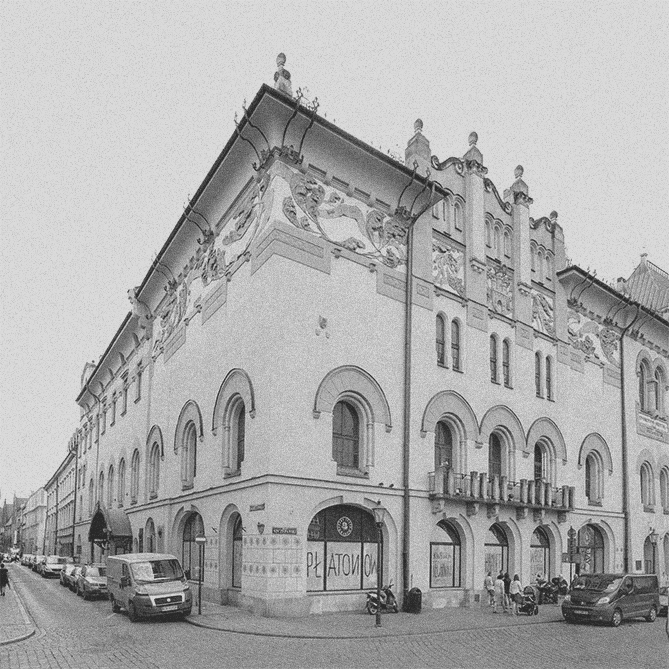
Scenes
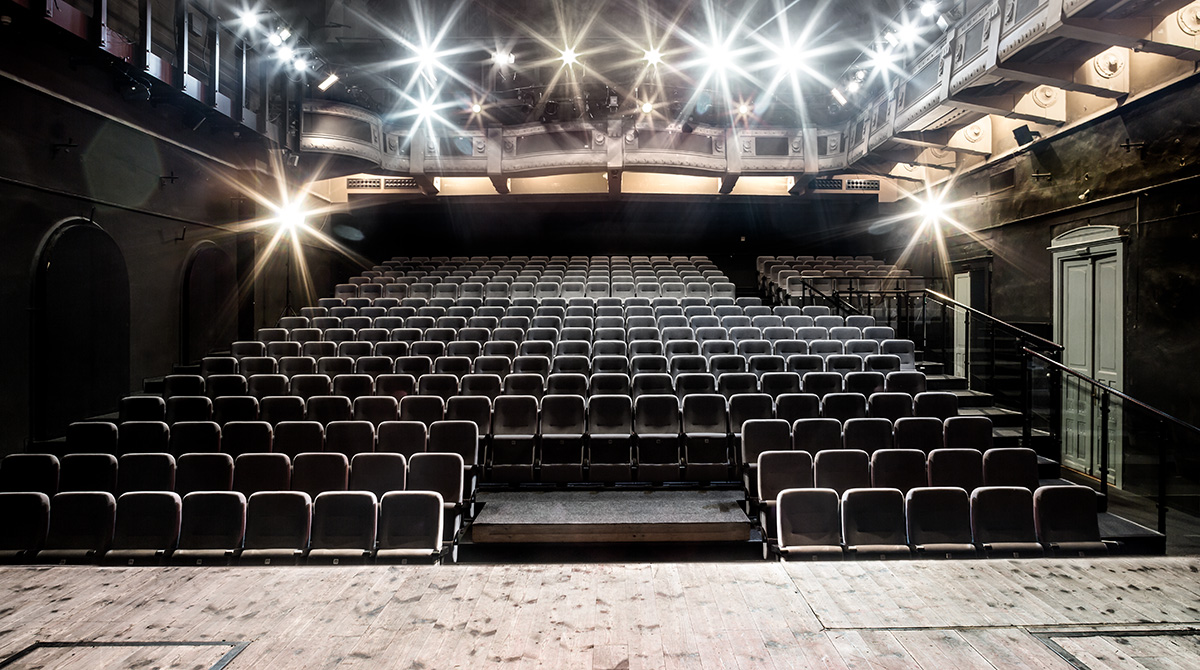
Duża Scena
1 Jagiellońska Street, 31-011 Kraków
![]()
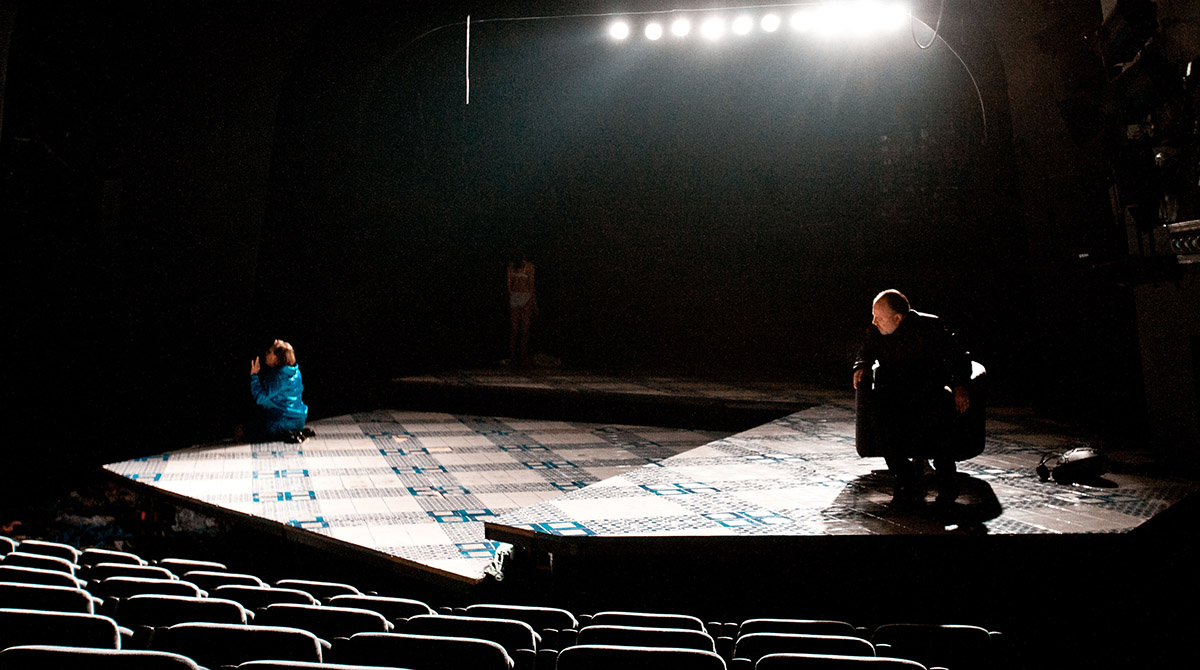
Scena Kameralna
21 Starowiślna Street, 31-038 Kraków
![]() (Please contact our Customer Service Office prior to your visit)
(Please contact our Customer Service Office prior to your visit)
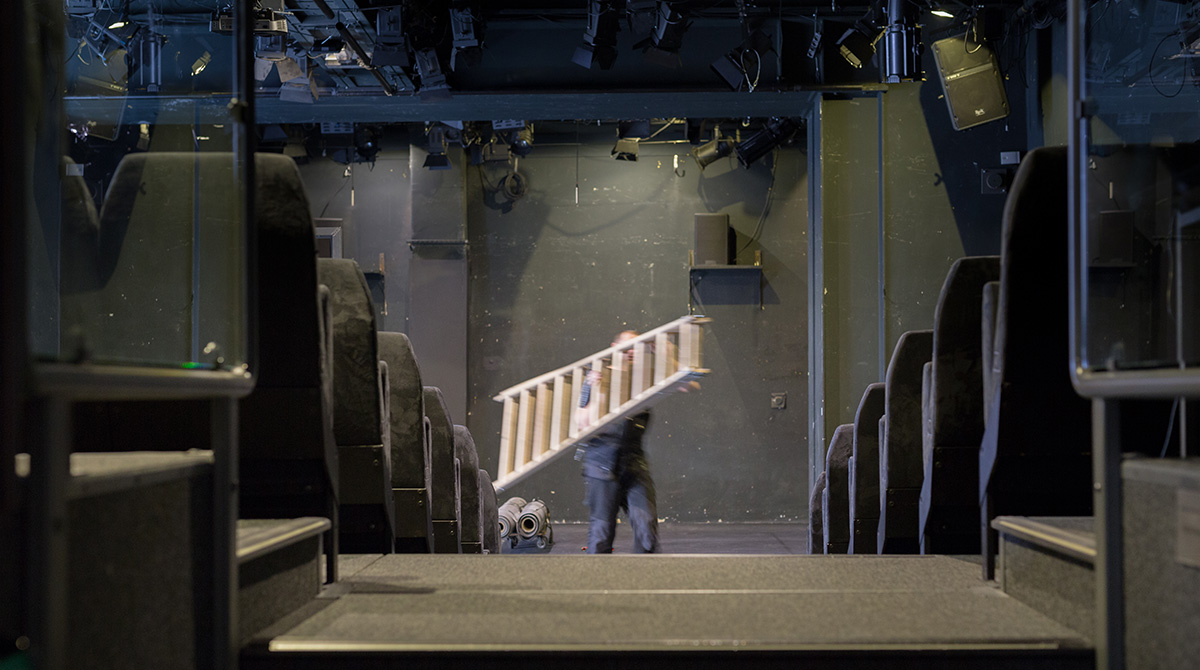
Nowa Scena
1 Jagiellońska Street, 31-011 Kraków
![]()
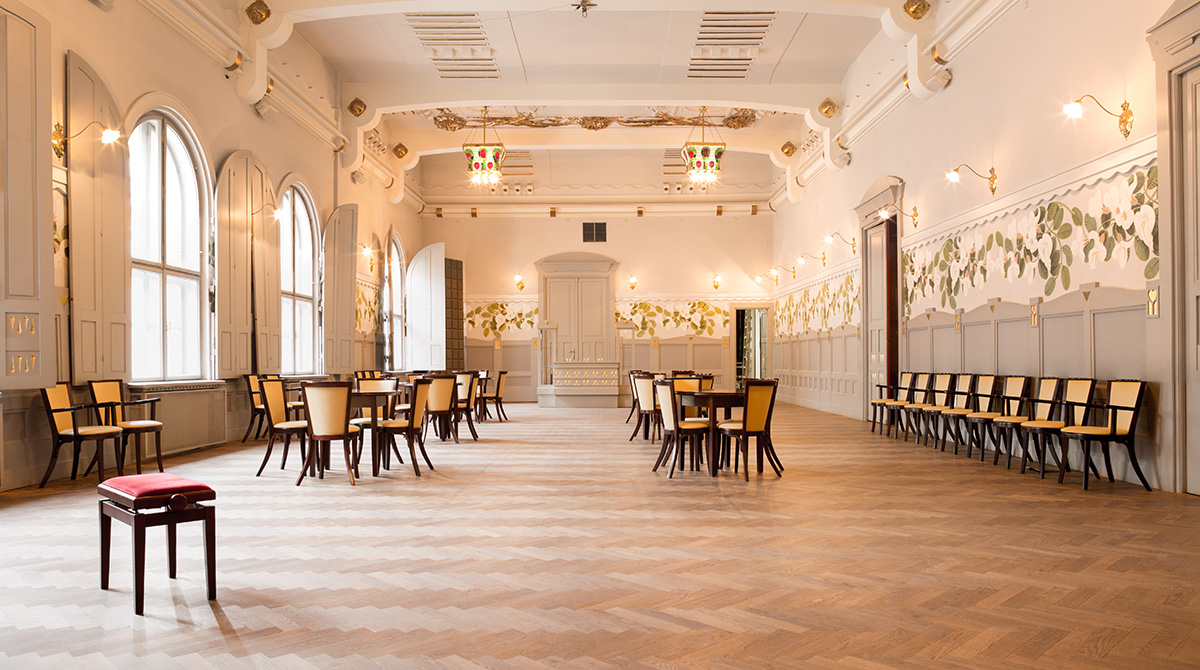
Sala Modrzejewskiej
1 Jagiellońska Street, 31-011 Kraków
![]()
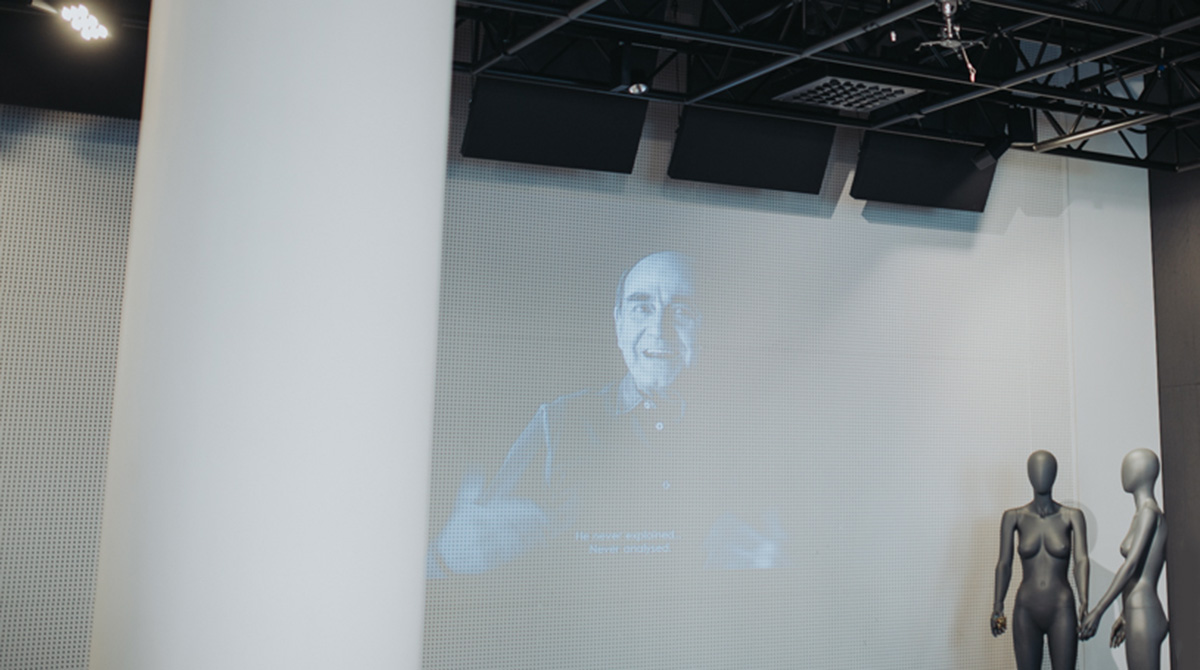
STREFA BE
1 Jagiellońska Street, 31-011 Kraków
![]()
